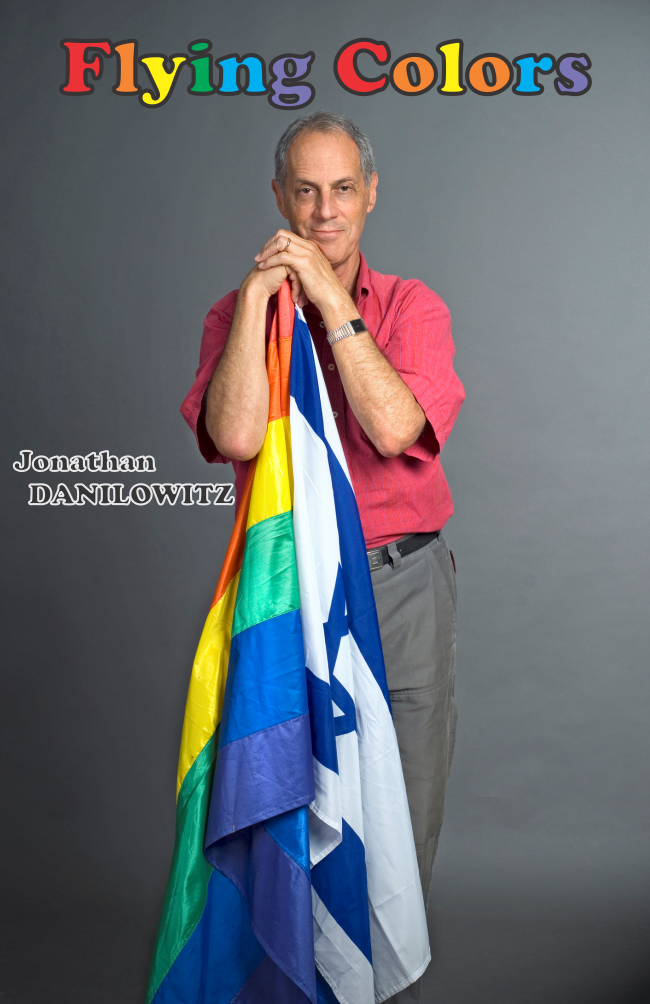27 Apr 2012
The Australian Jewish News Melbourne edition
GARETH NARUNSKY
The definition of ‘mainstream’ Jewry
THE well-publicised difference of opinion between Progressive and Orthodox Jewish representative bodies on the issue of same-sex marriage has led to an argument over whether Progressive congregations are part of mainstream Jewry.
A Rabbinical Council of NSW submission to the recent parliamentary inquiry into marriage equality stated the council represents “all mainstream synagogues in NSW”, a claim that has raised the ire of the Union for Progressive Judaism (UPJ).
In a note submitted to the Senate after submissions had closed, UPJ executive director Steve Denenberg said the Rabbinical Council’s claim to represent “all Orthodox and mainstream synagogues in NSW” was “far from the case”.
“They do not represent the many thousands of people in the state who are affiliated to the Progressive, Conservative, Reconstructionist and Renewal denominations of Judaism,” he said.
“These synagogues are definitely part of the ‘mainstream’ of our community, even if their views may differ from the Rabbinical Council.
“While there are a range of views on this topic in the community, there is no question that the views of the people who are members of the synagogues that are not Orthodox are undoubtedly better reflected in the comments included in the submission made by our organisation.”
In response, Rabbinical Council president Yoram Ulman said: “By its very definition, Reform/progressive theology deviates from the mainstream. It is quite surprising that they are even suggesting otherwise.”
Denenberg was the only Jewish representative when a federal parliamentary committee held a consultation on the same-sex marriage issue at NSW Parliament House on April 12.
“I was able to say that based on our beliefs that each person is created in the image of God, … each person is equal,” he said.
“Therefore, their rights for full participation in society should be equal, including the right to marry. Equality would dictate that same gender couples should be able to marry.”
The Rabbinical Council has lined up alongside the Organisation of Rabbis of Australasia in opposing any changes to the Marriage Act.
The Senate inquiry will present its findings in June.

